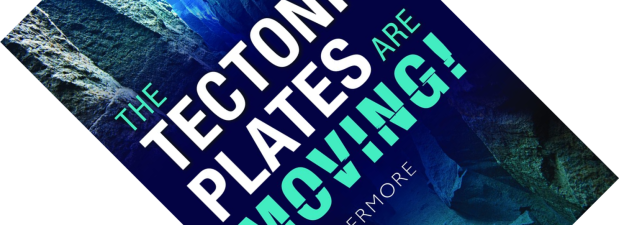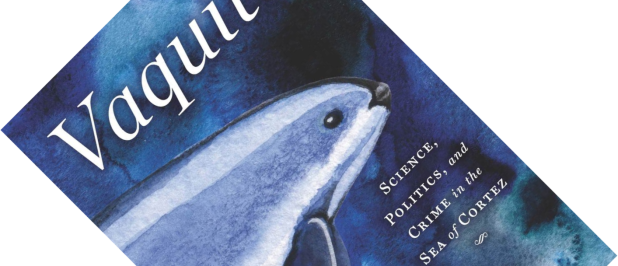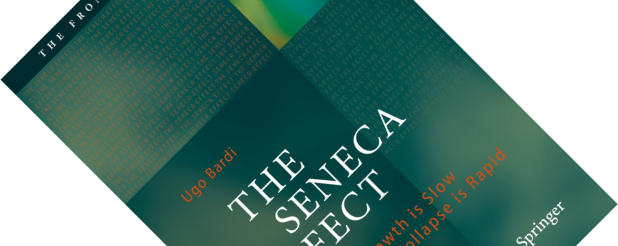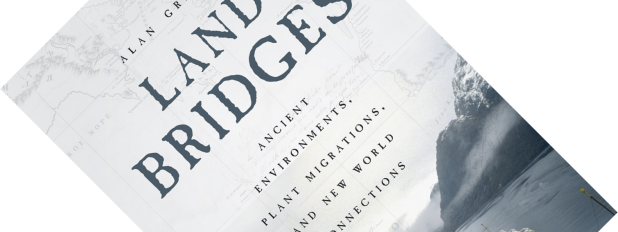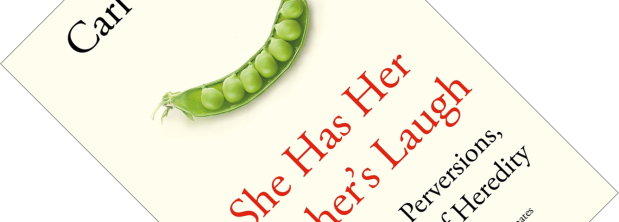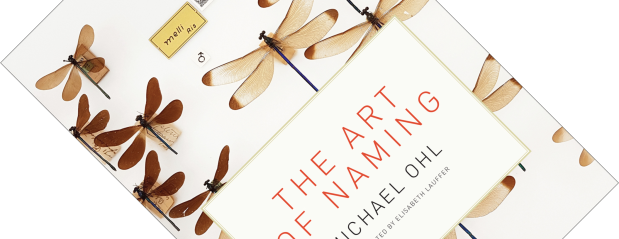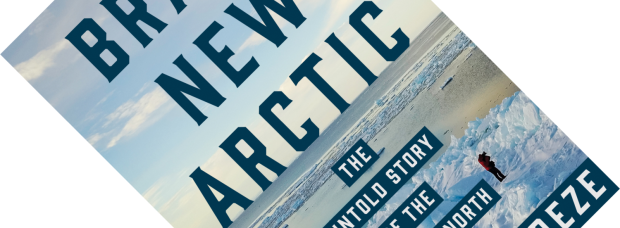What has plate tectonics ever done for us? Not having studied geology, I have a basic understanding of the movement of earth’s continents, but this book made me appreciate just how much of current geology it underpins. Marine geophysicist Roy Livermore, who retired from the British Antarctic Survey in 2006 after a 20-year career, convincingly shows here that the discovery and acceptance of plate tectonics was a turning point in geology, on par with Darwin’s formulation of evolution by natural selection. To paraphrase evolutionary biologist Theodosius Dobzhansky: nothing in geology makes sense except in the light of plate tectonics.
Author: inquisitivebiologist
Book review – Vaquita: Science, Politics, and Crime in the Sea of Cortez
If I asked you to name the most endangered cetacean species, I doubt the vaquita would come to mind. You might mention the baiji, the dolphin living in China’s Yangtze river, but alas, no living members of this species have been seen for years, despite intense search efforts, and the species is presumed extinct. Unfortunately, the vaquita seems to be next in line. Biologist Brooke Bessesen here tells its sad story, revealing the complex world of species conservation.
Book review – The Seneca Effect: Why Growth is Slow but Collapse is Rapid
I am going to start this review on a tangent. The liner notes of the 1983 album Zeichnungen Des Patienten O.T. of the German industrial band Einstürzende Neubauten contained the slogan “Destruction is not negative, you must destroy to build”. I don’t expect that Ugo Bardi shares my taste in music, but, judging from this book, I’m sure that if we were to sit him down with the band members over a pint, they would have plenty to talk about. Because, according to Bardi, collapse is a feature, not a bug.
Book review – Land Bridges: Ancient Environments, Plant Migrations, and New World Connections
Before plate tectonics became an accepted idea in geology, Lyell’s doctrine of uniformitarianism still ruled supreme (see my review of Cataclysms: A New Geology for the Twenty-First Century for a short introduction). A corollary was that the continents supposedly had always been where they are now. One observation scholars had to explain away was that the same fossils occur on both sides of the various oceans. Looking at maps, some people noticed the thin strip of land connecting North and South America and concluded that land bridges must have formed and sunk beneath the waves at just the right times in history to enable migrations (see Four Revolutions in the Earth Sciences: From Heresy to Truth for more details). As explained in The Tectonic Plates are Moving!, we know better nowadays. Nevertheless, the concept of land bridges is still alive and well today, and palaeobotanist Alan Graham here introduces five of them, exploring their effects on biogeography, climate, and human history.
Book review – The Case Against Education: Why the Education System Is a Waste of Time and Money
Here is another book in the category “reading outside of my usual fields of interest”. When I spotted this title in the last Princeton catalogue it immediately piqued my interest. Surely, as an unabashed cheerleader of science, why would I oppose education, the gateway to science? Economist Bryan Caplan has written a provocative book that will not make him many friends. But before you discard this book as abject nonsense, give the man a chance and hear him out. He makes a cogent argument, supported by both common-sense observations and a solid analysis.
Book review – She Has Her Mother’s Laugh: The Powers, Perversions, and Potential of Heredity
If Charles Darwin were to walk into my office today and ask me: “So, what did I miss?” I think I would sit the good man down with a copy of She Has Her Mother’s Laugh, telling him: “Here, this should get you up to speed”. Darwin struggled to explain how traits were being inherited from generation to generation. As New York Times columnist Carl Zimmer shows in this wide-ranging book, the story of heredity has turned out to be both diverse and wonderful, but has also been misappropriated to prop up some horrible ideologies.
Book review – The Art of Naming
In my review of Kemp’s The Lost Species: Great Expeditions in the Collections of Natural History Museums, I highlighted the importance of naming species and the rich vein of undiscovered species hiding in museum collections around the world. But how does the naming of species work? And what complications can arise? With The Art of Naming, Michael Ohl has written a surprisingly engaging book on the potentially stuffy topic of taxonomical nomenclature that beautifully complements Kemp’s work.
Book review – Brave New Arctic: The Untold Story of the Melting North
You might think that with the constant presence of the subject of climate change in news stories there isn’t much left to tell. But just because a certain sense of climate-change-fatigue might have set in (which is worrying in itself), climate change has not stopped. In Brave New Arctic, geography professor Mark C. Serreze gives an eye-witness account of how the Arctic is rapidly changing, based on his more than 35 years of personal involvement. And as he shows, there certainly are stories left to tell.
Book review – Science Unlimited? The Challenges of Scientism
You only have to look at the name of this blog to realise that I am a cheerleader of scientific enquiry. The advances in knowledge we have made, and the pace at which it is proceeding, are breathtaking. Yet, there are plenty of people who are not comfortable with the way science has pervaded our lives and cry foul, hurling the accusation of scientism. But what is this beast called scientism? Philosophers Maarten Boudry and Massimo Pigliucci have here collected a diverse and sometimes technical collection of contributions to discuss what scientism is and reflect on how useful a term it really is.
Book review – Should We Control World Population?
Speaking of controversial. As mentioned in my previous review of An Essay on the Principle of Population: The 1803 Edition, concerns about human overpopulation go back to at least Malthus, a name that has become synonymous with this topic. How do you tackle this incredibly thorny issue? Malthus believed moral restraint where having children is concerned should be encouraged, which strikes me as starry-eyed and completely out of reach, especially in the individualized societies of today. Simultaneously, we have seen some pretty drastic population control measures with ugly side-effects, such as China’s one-child policy and forced sterilization in India. The cry of eugenics if never far away when this topic is tabled. Can we have any sensible discussion to find a middle ground between utopia and dystopia? This small book does a serious attempt.

